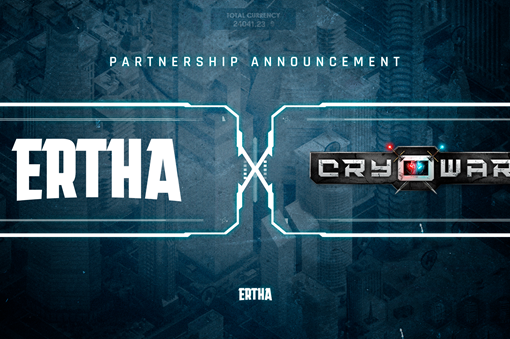Animoca Brands co-founder and executive chairman Yat Siu sees significant potential in the personalization of Web3-based services as his firm earmarks $30 million for the neobank platform hi.
Siu’s investment firm plans to invest in the Web3 app that combines a cryptocurrency exchange, digital banking services and a customizable nonfungible token (NFT)-styled crypto debit card offering as part of its growing ecosystem.
Speaking exclusively to Cointelegraph, Siu said hi’s vision for its NFT debit card offering intersects with his views on the interplays of culture and Web3. Hi’s flagship crypto-friendly Mastercard debit card allows users to personalize their physical cards with an NFT avatar they own.
“It is an example of the ongoing shift toward personalization, where Web3 finally allows users the opportunity to express themselves and their individuality in new and exciting ways.”
A central feature of the agreement is the potential to amplify the utility of various Web3 tokens and NFTs. The hi ecosystem features Web3-integrated financial applications and its own hi protocol, which is an Ethereum Virtual Machine-compatible sidechain.
The two companies will also look to drive the adoption of a “unique-human authentication mechanism” through the hi protocol’s proof of human identity solution.
Related: Animoca still bullish on blockchain games, awaits license for metaverse fund
Hi co-founder Sean Rac told Cointelegraph that the protocol’s proof of human identity solution addresses shortcomings of the Web2 era, where a handful of companies gained control over user data and identity after establishing themselves as “dominant credential providers.”
According to Rac, hi’s solution addresses this by using a dual-node structure where one set of nodes serves as identity validators responsible for verifying accounts owned by humans. Meanwhile, block producers secure the network.
Rac added that the approach could open up possibilities for “human-only” networks and decentralized applications.
Animoca Brands and @hi_com_official
We entered into a MoU for partnership to support hi’s dedicated work in bridging fiat & cryptocurrency worlds to onboard #Web3 to mass, creating real-world use cases for utility tokens like $SAND, $EDU, $APE & more! https://t.co/i5qOjMluPv— Animoca Brands (@animocabrands) July 27, 2023
The partnership will allow users to send and receive Animoca Web3 ecosystem tokens, including The Sandbox (SAND) and ApeCoin (APE). The Web3 app is touted to have over 3.5 million users.
The card service is set to allow users to pay with a fiat or crypto debit card around the world, tapping into some 90 million merchants that use Mastercard services.
The platform looks to move into a space that neobanks like Revolut and N26 have shaped, while its focus on Web3 might attract proponents and enthusiasts to get on board, even if it’s just to have a debit card to flaunt their prized Bored Ape Yacht Club, Meebit or Pudgy Penguin NFTs.
Siu added that the investment was driven by the belief that hi would bring a new set of users to Web3 and Animoca’s own brands like The Sandbox.
“We believe that hi’s core application will facilitate on- and off-ramp rails and therefore further drive mass adoption.”
There could also be significant value in the deal for Animoca, which has invested in several different NFT and Web3 projects. Siu also noted investment would begin once both parties signed definitive agreements.
The neobank has secured the green light as a virtual asset service provider (VASP) in Lithuania, while it’s also recognized as a digital currency operator by Italy’s payments service regulator. Hi’s presence in Asia is in progress, with the platform undergoing pre-registration to secure a VASP license through the Hong Kong Securities and Futures Commission.
Earlier this month, Siu told Cointelegraph that Animoca was still awaiting a regulatory license in Hong Kong for its proposed $1 billion metaverse fund. The company continues to invest heavily in blockchain gaming and Web3 projects.
Magazine: Web3 Gamer: Earn Bitcoin in Minecraft, BGA’s 50/50 gender split, Oath of Peak hot take




